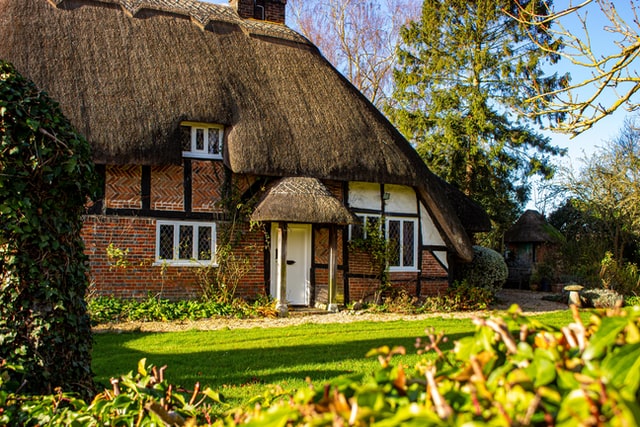You don’t charge VAT on residential lettings, right? So that’s one thing residential landlords can cross off their worry list, isn’t it?
Not quite so fast. While it’s true that lettings of residential property are usually exempt – including, by the way, lettings of the residential part of a mixed-use property, even if the option to tax has been exercised over the property – there are some exceptions.
The special case that is most common is what the legislation (Value Added Tax Act 1994) describes as ‘the grant of any interest in, right over or licence to occupy holiday accommodation’. And lest there should be any doubt about what is ‘holiday accommodation’, the Act helpfully defines it as ‘including any accommodation … which is advertised or held out as holiday accommodation or as suitable for holiday or leisure use’.
Sometimes it will be obvious that what is being offered for letting is ‘holiday accommodation’. Sometimes less so: it’s considered, for example, that property let through Airbnb is ‘holiday accommodation’.
The fact that you are letting ‘holiday accommodation’ doesn’t mean that you will always need to charge VAT. If your annual turnover (not profit) is less than the VAT registration limit of £85,000, VAT is not payable (unless you have, for some reason, registered voluntarily).
But even here there is a caveat; if you are already registered for VAT because you are carrying on another taxable activity (a trade or a letting of opted commercial property, for example), you will need to account for VAT on all taxable supplies, including holiday lettings – and by the same token you can of course recover any relevant input tax. And the same applies if you are making ‘below-the-threshold’ taxable supplies in another business: if adding in the holiday lettings turnover brings the aggregate over £85,000 registration (to include both activities) will be required.
If because of other activities you find yourself liable to account for VAT on holiday lettings income that would otherwise be exempt, there are things you can do. The simplest is to ensure that the lettings business and the other activities are carried on by different persons – perhaps forming a partnership with a spouse or Significant Other (or even a company) to carry on the lettings, or perhaps even incorporating one or other of the activities, though this has implications that spread far beyond VAT and requires careful consideration.
For more information, please get in touch with your usual BKL contact.







